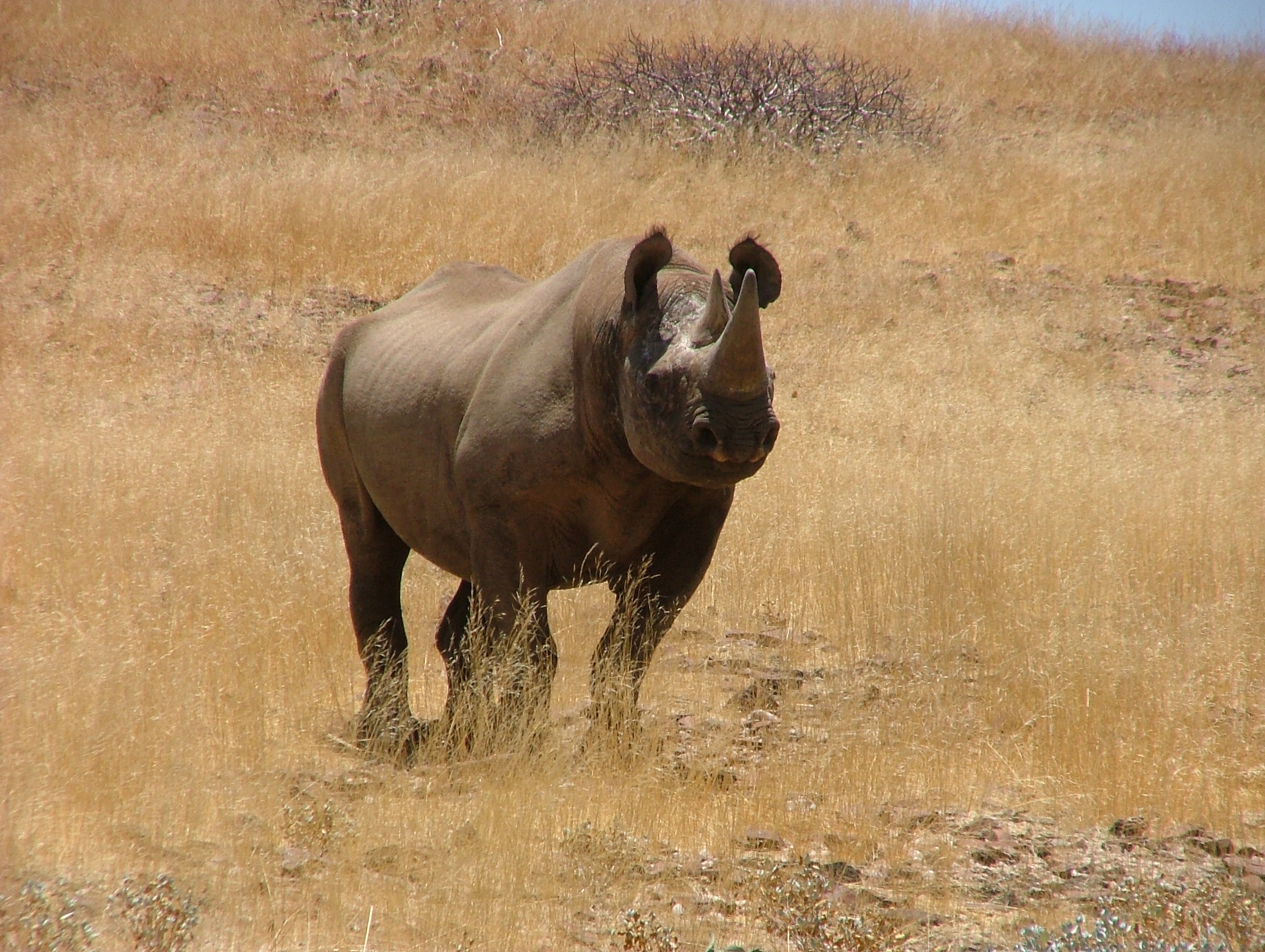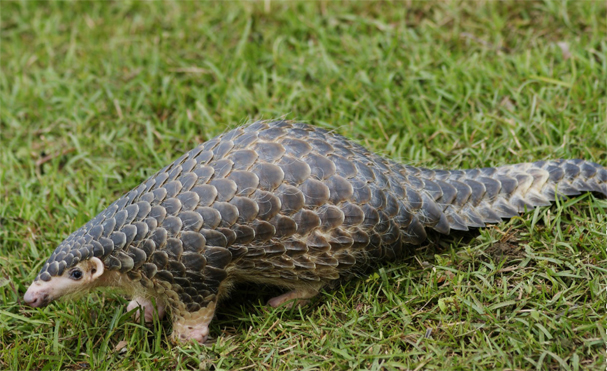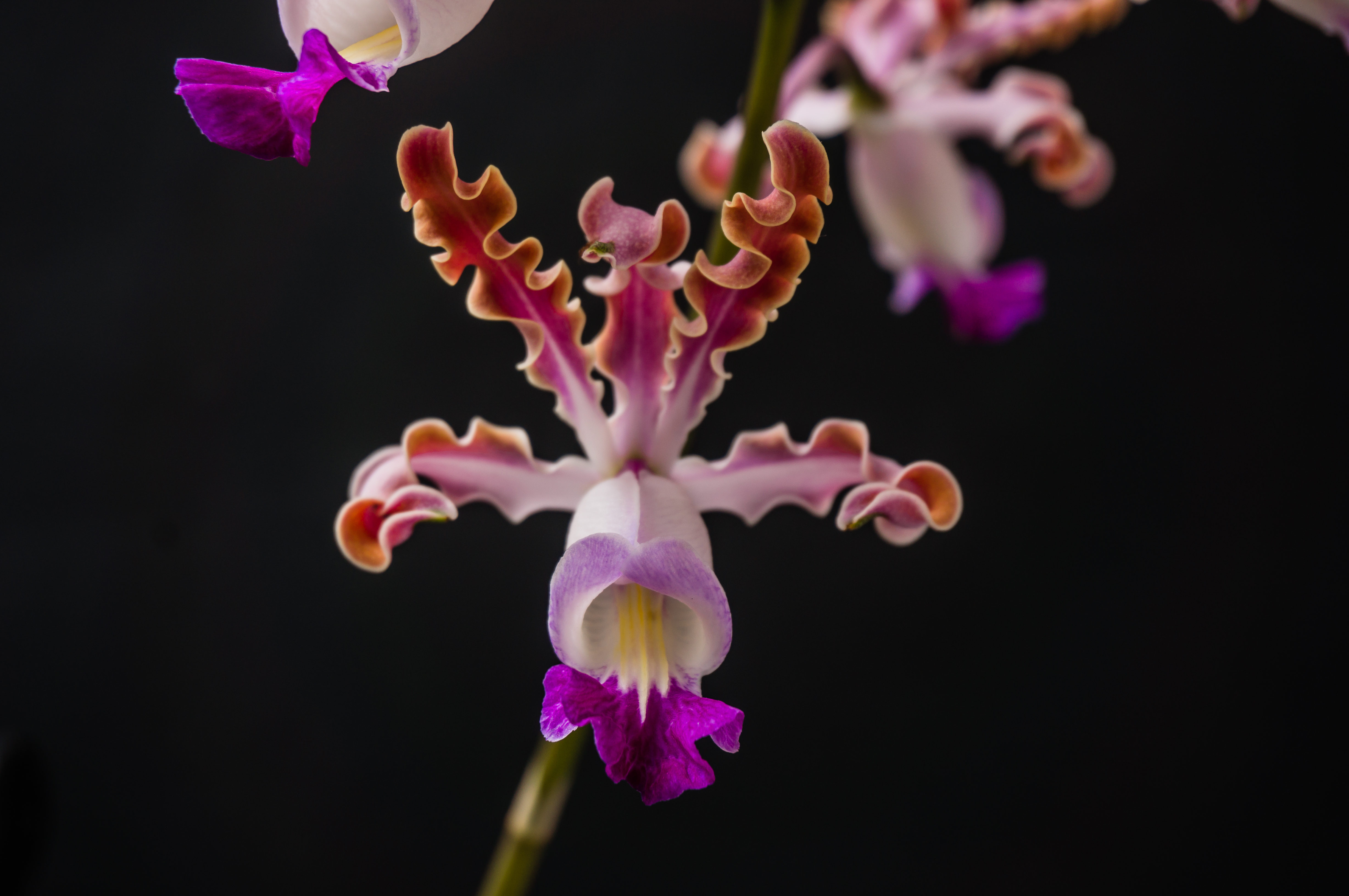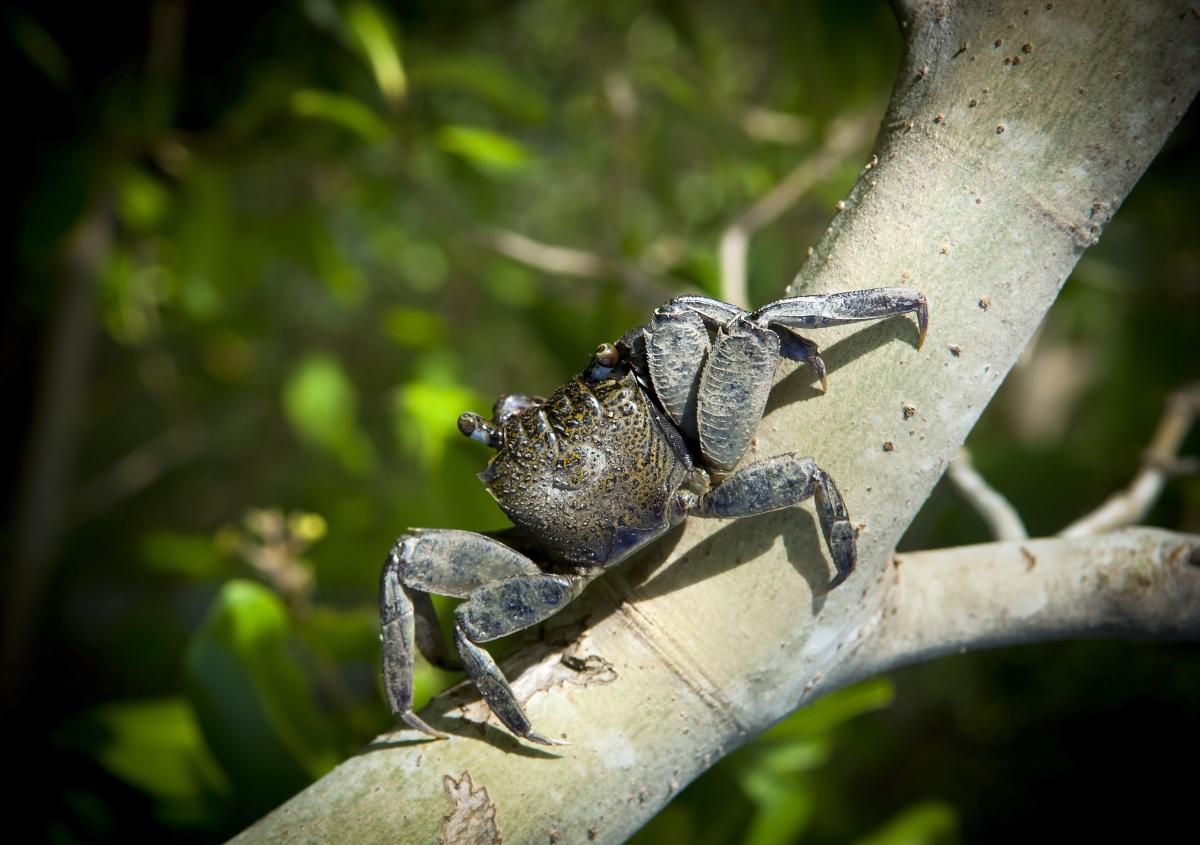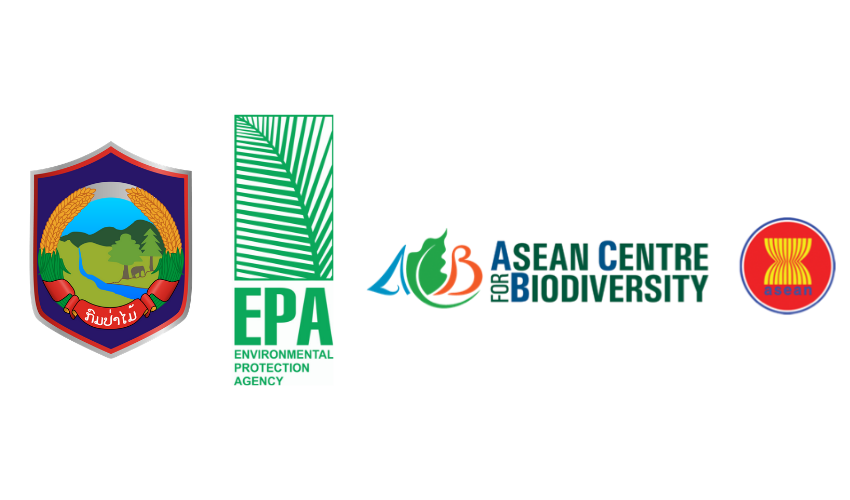IUCN Director General’s statement on World Environment Day
It’s big business, it’s a growing threat to our environment, and it’s illegal.
It is wildlife trafficking.
Latest estimates are that the illegal trade in wildlife is worth between US$ 50 billion and $150 billion a year and it is driving numerous species towards extinction, so we need to do all we can to stamp it out.
As many as 20,000 African elephants were poached for their ivory in 2013 alone, illegal hunting of rhinos for their horns is still rising, and it is estimated that one million pangolins have been killed for their scales and meat over the past decade.
But it is not just charismatic animals whose survival is threatened – birds, like the helmeted hornbill, reptiles, fish and amphibians, as well as fungi and plants, such as some orchid species, are also menaced by trafficking.
Global demand for many animals and plants and the products made from them has seen the illegal wildlife trade burgeon into a major form of organised crime that rivals trafficking in drugs, arms and people as a source of illicit profit.
The trade not only threatens wildlife; it undermines international security, damages rural communities by threatening their livelihoods, creates a degree of insecurity in the areas where poaching takes place that serves to arrest local investment and thus slow development and poverty reduction, robs us all of our natural heritage, and poses a risk to all of humanity by eroding the ecosystems and biodiversity on which we depend.
That’s why we wholeheartedly support the message from this year’s World Environment Day: zero tolerance for illegal wildlife trade.
IUCN also welcomes the recent report from the United Nations Office on Drugs and Crime which offers solutions to closing loopholes in international efforts to fight trafficking, by calling on all governments to pass national laws banning possession of wildlife and timber illegally harvested in other countries.
IUCN has been in forefront of efforts to combat this form of organised crime by, for instance, organising international summits to agree measures to protect African elephants and Asian rhinos. IUCN is a partner in United for Wildlife and also provides information on trafficking to the Convention on International Trade in Endangered Species of Wild Fauna and Flora, CITES, as well as advising the World Bank’s Global Wildlife Program which funds anti-poaching efforts.
At the IUCN World Conservation Congress 2016 in Hawai‘i this September, we will be highlighting wildlife trafficking in one of six high-level dialogues and numerous other sessions where we will be coming up with measures we can all take to end it.
These need to go beyond new legislation and stronger law enforcement to reducing demand from end consumers through behaviour change programmes, including education about where the products they are buying come from, as well as including local communities in anti-poaching efforts.
This year’s World Environment Day encourages us all to celebrate the species under threat from the poachers and traffickers and inspires us to take action, together and as individuals, to make sure this form of organised crime – and not the wildlife it preys on – is eradicated.
